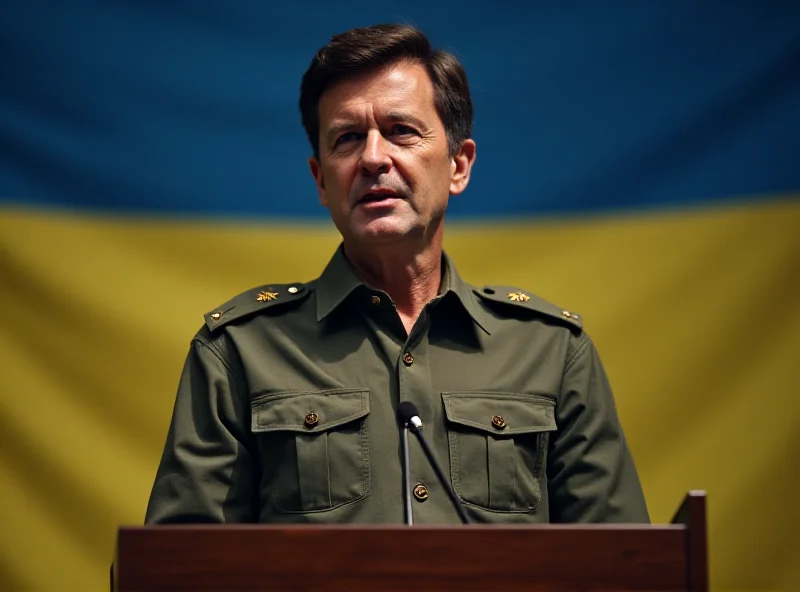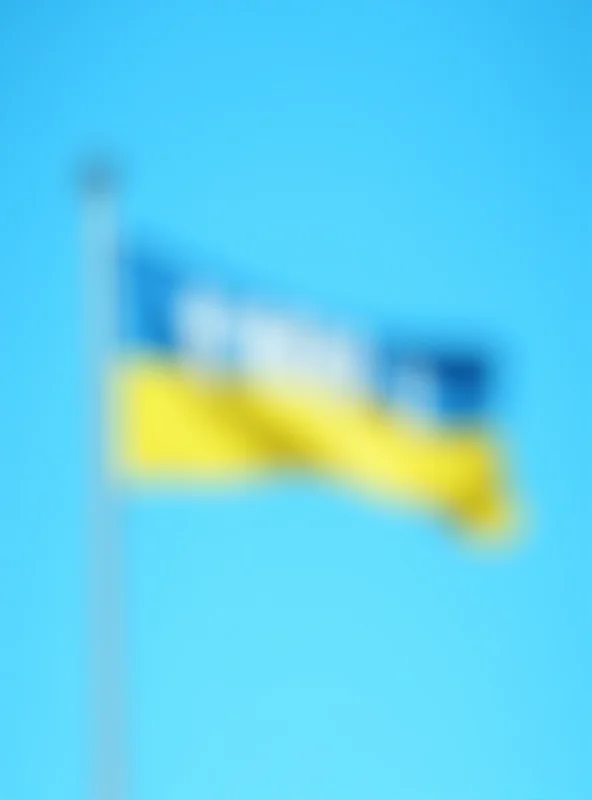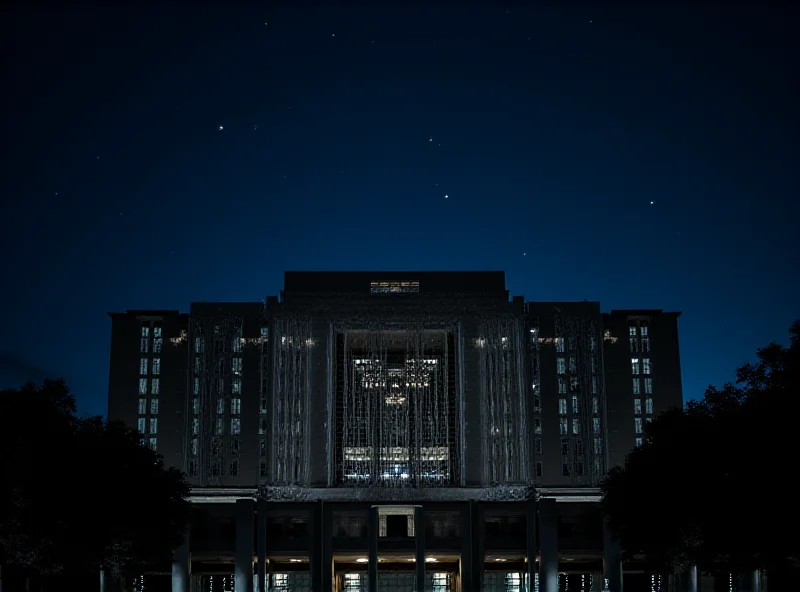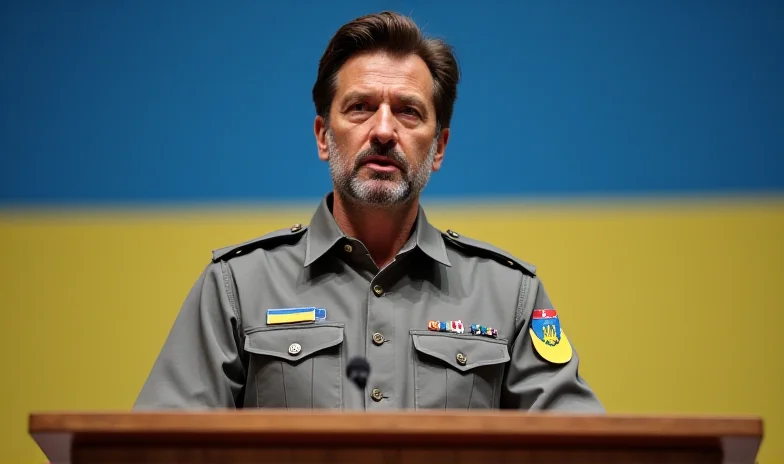Amidst the ongoing conflict in Ukraine, significant developments are unfolding on multiple fronts. President Zelensky has reportedly expressed a willingness to resign under specific conditions, while tensions simmer around remembrance events and international relations.
Zelensky's Potential Resignation
According to reports, Ukrainian President Volodymyr Zelensky is prepared to step down from his position if it secures peace for his nation or guarantees Ukraine's membership in NATO. This bold proposition comes as the war continues to take a heavy toll, both human and economic, on the country. Whether this is a genuine offer or a strategic move remains to be seen.

The situation on the ground remains dire, with even older Russian contract soldiers, some in their fifties, sixties, and even seventies, actively fighting and dying in Ukraine. Data suggests nearly one hundred thousand Russian casualties, highlighting the brutal reality of the conflict.
Remembering the Invasion
Elsewhere, tensions flared during a remembrance event for the Russian invasion of Ukraine. Police reportedly intervened when organizers displayed Ukrainian colors instead of traditional cockades. This incident underscores the sensitivity surrounding the conflict and the presence of anti-Ukrainian sentiments in certain areas. "The atmosphere is very charged," one activist noted, "people are afraid to speak their minds."
Shifting Alliances and Apologies
In a surprising turn, Serbian President Aleksandar Vučić has apologized for Serbia's support of a UN resolution condemning Russia's aggression in Ukraine. Vučić attributed his decision to "tiredness and exhaustion," as reported by Politico. This apology raises questions about Serbia's commitment to international alliances and its relationship with Russia.

Meanwhile, the United States is facing criticism for what some perceive as an abandonment of Ukraine and a reduction of its postwar global leadership role. Critics argue that Washington's actions are positioning the US as an adversary to the Western world.
Political Maneuvering
Looking ahead, the ANO movement in Czech Republic, led by Andrej Babiš, is actively seeking candidates for the crucial role of Defense Minister in the upcoming autumn elections. Jakub Landovský, head of the Aspen Institute and former ambassador to NATO, is among the frequently mentioned names. This selection process highlights the importance of security in the current geopolitical climate.

The developments surrounding Ukraine continue to evolve rapidly, with potential shifts in leadership, international allegiances, and the ongoing human cost of the conflict.
